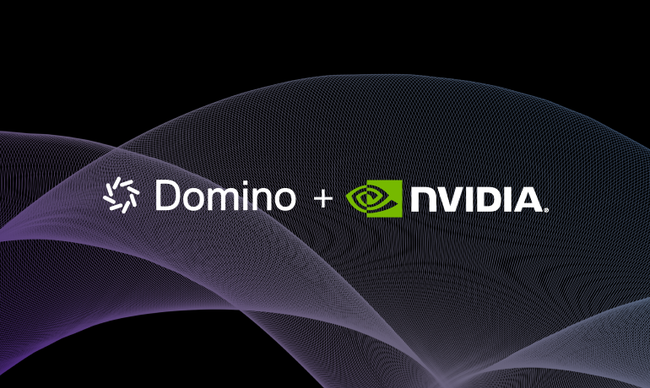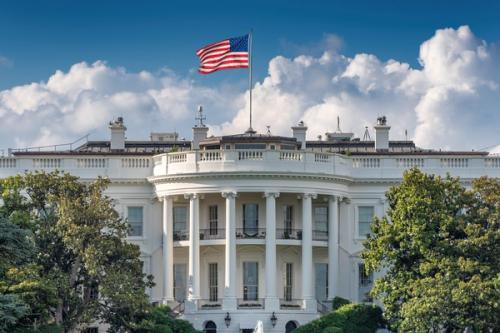10 interesting ways to use data science
Nick Elprin2015-03-24 | 6 min read

There's buzz everywhere these days about exciting applications of data science, especially related to machine learning. While the majority of the media attention focuses on big names and sexy topics — e.g., the Google Brain, image classification, speech recognition — we are fortunate to work with companies every day that are doing fascinating work with data science tools. Although sometimes more mundane, many of their use cases have more real-world impact.
What are some of the uses of Data Science?
To illuminate the diversity of domains where data science can be applied, I want to share some of the more interesting applications we've run across at Domino. Unfortunately, I can't elaborate on some of these for confidentiality reasons — but I hope they spark your imagination and creativity. What new idea will they inspire for you?
Health & Wellness
Mental health care
Ginger.io (now Headspace Care)uses data from users' mobile devices to form a view on how users are feeling. This is useful for the end users, as well as their doctors. According to Ginger's website, their "behavioral
analytics engine, built from years of research at the MIT Media lab, aggregates, encrypts, and anonymizes patient data before running it through statistical analysis to create meaningful insights."
Drug development
Enterprise pharmaceutical businesses have accelerated drug development and production through the use of data science and deep learning models. To be able to deliver precise medication to patients globally, data scientists have to be able to analyze enormous data sets in fractions of the time a human could do so manually. The goal for these data scientists is to construct models which can run simulated clinical trials based on data ranging from genomic to whole-slide images of biopsy specimens. Doing these clinical trials using data science allows for reproducible results and the ability to track success along the development lifecycle.
Insurance
Claims adjusters for car accidents
An automotive insurance company is using data science to automate some of the work of their claims adjusters. Instead of spending lots of time sending adjusters out to put together an assessment of an accident, they are using data about the accident to predict the necessary repair costs. This won't completely replace human adjusters, but it will make them much more efficient.
Predictive car maintenance
Every aspect the automotive industry has been delved into by the data science communities in ways that we could not have imagined just a few years ago. For example, a major car company has been developing models to explore how deep learning can react to audio recordings from the engine to determine if maintenance is necessary, or if parts are nearing the need for replacement.
Disaster risk
Kat Risk developers have built high-precision predictive models of risk from weather-related catastrophes (e.g., flooding, wind damage). Working alongside large-scale insurance and brokerage firms, their machine learning models have been used to define inland flooding events, model tropical cyclone pathways and generate predictions correlative to climate change.
Air travel claims
European regulations require airlines to compensate passengers for delayed or canceled flight, and Flightright helps customers recover money by handling the bureaucracy of the process for you. They use data science to predict the likelihood of your claim being successful, based on the information you provide.
Social Good
Child welfare
Case Commons is a non-profit that makes software to help social workers and administrators of social welfare programs. According to their website, their software uses "predictive algorithms that can, for example, show a given child’s projected path. This means that we can enrich views of information for managing current caseloads with what agency history tells us about longer-term outcomes in areas such as permanency, education and health."
Wildlife management
A quantitative research firm works in conjunction with a number of agencies, including NOAA, to improve wildlife management in the Pacific Northwest. For example, one of their projects involves modeling the effects of habitat restoration on salmon population, so they can optimally direct habitat restoration efforts.
Direct-mail fundraising
Donor Bureau uses data science to improve targeting for direct mail campaigns. They work with non-profits and political groups to maximizing return for each letter sent in direct mail campaigns. Their data scientists train targeting models against a data warehouse of over a billion transactions and tens of millions of donors.
Should I be using data science?
Leveraging data science and machine learning can be used to solve for problems across an organization beyond what is on this list. Disciplines such as legal teams, marketing, finance, accounting, and any other data-intensive field have increasingly invested into increasing their data science capabilities. Understanding what data your organization has at its disposal and the challenges the business faces is a great starting point to
Before you get started exploring further, weigh your business problem against a checklist of use-cases to see what approach makes the most sense.
Nick Elprin is the CEO and co-founder of Domino Data Lab, provider of the open data science platform that powers model-driven enterprises such as Allstate, Bristol Myers Squibb, Dell and Lockheed Martin. Before starting Domino, Nick built tools for quantitative researchers at Bridgewater, one of the world's largest hedge funds. He has over a decade of experience working with data scientists at advanced enterprises. He holds a BA and MS in computer science from Harvard.



